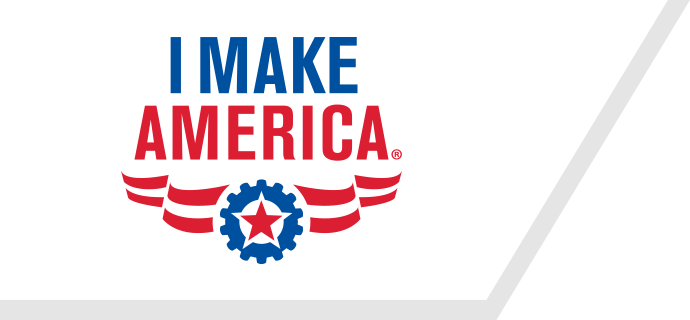By Leif Magnusson
2016 AEM Chair
President, CLAAS Global Sales Americas
Attending Thursday’s Republican presidential debate in Des Moines, Iowa was truly a once-in-a-lifetime opportunity. But while the candidates focused on many important topics, they need to do more to put manufacturing issues in the spotlight.
The debate was the last one before Monday’s presidential caucuses in Iowa, a state which forms the cornerstone of the equipment manufacturing industry. Equipment manufacturing makes up more than a third of Iowa’s total manufacturing workforce, the state’s largest manufacturing sector. That’s reflected in the fact that 58 AEM members are based in Iowa.
So while foreign policy, immigration and social issues – all important issues for the next president to tackle – dominated the debate, I had hoped to hear more about how to deal with national issues and how to bring back a strong manufacturing industry.
There were some promising elements. Early parts of the debate addressed some corporate tax reform and bringing manufacturing jobs back to the United States. But it was disappointing that much of the debate neglected national issues like improving our infrastructure, reforming the tax code and developing trade agreements.
That’s alarming, given almost 760,000 full-time jobs in Iowa depend on the state’s infrastructure network. And exports support 1-in-4 Iowa jobs: Iowa manufacturers exported almost $13 billion in goods in 2014, supporting over 81,000 jobs in the state.
The debate did address corn for ethanol, a particularly large issue in Iowa, where renewable fuels generate $2.5 billion in income for Iowa and supports almost 47,000 jobs in the state. Ethanol also helps support over 28,000 full-time manufacturing jobs per year across the country.
But the issue wasn’t discussed at the length or depth manufacturing voters should expect. The facts are clear: the Renewable Fuel Standard (RFS) is not a subsidy – no government tax dollars are spent. It is a mandate to blend fuels and an important part of creating a renewable source of energy. Repealing or tapering the RFS, as some candidates are suggesting, would represent a win for Big Oil and hurt the farming sector, including manufacturers of farm equipment.
The debate represented that manufacturing voters still have more work to do this election season to educate both candidates and voters about the issues at stake for our industry. That’s why AEM will continue to work this year to raise the profile of manufacturing issues and equip our members, our grassroots supporters and the broader public with the facts they need to make informed choices this election season.


















































































